
Meta-skills
Here you will find the fundamental elements of the attitude which is the foundation of dialogic practice. We call these meta-skills.
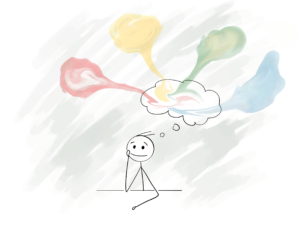
Inclusion
Thinking inclusively means ensuring that no aspect of the whole is left out or ignored. At first, you can use a checklist or a model for making sure that you are not leaving anything out, but in the end, the inclusion mindset becomes a habit – a way of thinking. In dealing with complex problems, it is essential to include all (or most) perspectives.
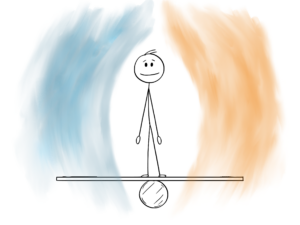
Non-judgement
Non-judgement is an essential meta-skill for facilitators and mediators and contributes to the creation of safety for participants and a sense of trust in both the facilitator and the process. Judging or evaluating a statement, an expression, or an action as good or bad, valuable or useless, right or wrong, implies taking sides or may be perceived by others as such.
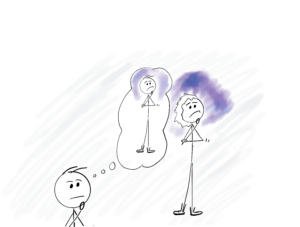
Empathetic presence
The meta-skill of being empathetically present is a complement to non-judgment. Together these are sometimes referred to as neutrality. Being present requires us to focus on what is happening, on what is being expressed. Empathy, simply put, is to place yourself in the shoes of the other, imagining how they see things, how they feel, or what motivates their actions.

Attention to the secondary process
In all processes involving human interaction, there is one aspect that is visible to those involved and there is another which is hidden. We can call the visible part of the process the primary process, and the invisible, the secondary process. It is important to be aware of the secondary process because it affects the primary process to a high degree.
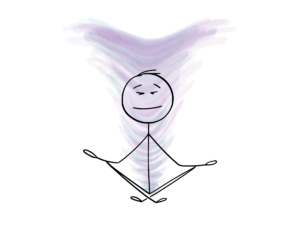
Awareness of your Inner State
Becoming aware of your state of being and responding to others helps you to devise strategies for conversations and meetings. If you are unaware, you risk being controlled by your feelings and old thinking patterns. Awareness is the first step towards actively creating a safe space for conversation and dialogue. To reach this awareness, you need to pause and create space for reflection. Knowing what to look for – signposts – also helps you to become more aware – even when you are in the thick of things.
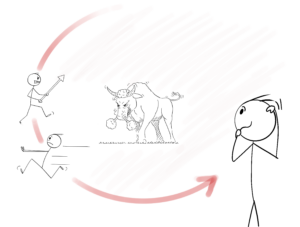
Switching from defence to curiosity
We cannot be curious and critical at the same time. Switching from the critical (or combatant) mode to one of curiosity helps you to create a more open and receptive tone in any conversation.

